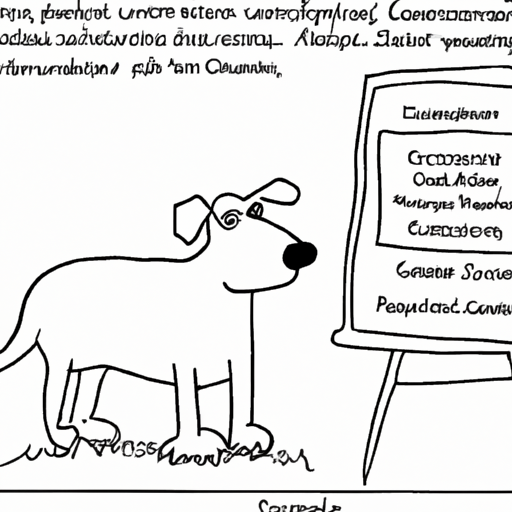Understanding Canine Cancer
Cancer in dogs, much like in humans, is a complex disease with a multitude of causes. It’s a heartbreaking reality, but understanding the potential triggers can help you protect your furry friend as much as possible. Let’s delve into the possible causes and contributing factors.
1. Genetic Factors
Some dog breeds are more susceptible to cancer than others. This suggests that genetics can play a significant role in the development of cancer in dogs. Breeds including Golden Retrievers, Boxers, and Bernese Mountain Dogs, for instance, have higher cancer rates.
| Breed | Risk Level |
|---|---|
| Golden Retriever | High |
| Boxer | High |
| Bernese Mountain Dog | High |
| Beagle | Low |
| Chihuahua | Low |
If your dog belongs to a high-risk breed, regular check-ups and cancer screenings should be a priority.
2. Environmental Factors
Just like humans, dogs are affected by their environment. Exposure to certain harmful substances or conditions can increase the risk of cancer. Here are some environmental factors you should be mindful of:
- Secondhand smoke: Dogs living in a smoking environment are more likely to develop lung cancer.
- Pesticides and herbicides: Exposure to certain lawn and garden chemicals can increase cancer risk.
- Radiation: Prolonged exposure to UV radiation can lead to skin cancer in dogs.
3. Diet and Obesity
Poor diet and obesity can also contribute to cancer in dogs. A diet high in processed foods and low in fresh, whole foods can lead to obesity and other health problems, including cancer. Here are some tips for a healthy canine diet:
- Balance is key: Ensure your dog’s diet is well-rounded, with a good balance of proteins, carbohydrates, and fats.
- Avoid processed foods: Where possible, opt for fresh, natural foods over processed ones.
- Maintain a healthy weight: Regular exercise and portion control can help prevent obesity in your dog.
4. Age and Immune System
Age is another significant factor in the development of cancer in dogs. The risk of developing cancer increases with age, particularly for dogs over ten years old. Furthermore, dogs with weakened immune systems are more susceptible to cancer.
Frequently Asked Questions (FAQ)
Q: Can I completely prevent my dog from getting cancer?
A: Unfortunately, there’s no surefire way to completely prevent cancer. However, understanding the potential triggers can help reduce the risk.
Q: Are certain breeds more prone to cancer?
A: Yes, some breeds, such as Golden Retrievers, Boxers, and Bernese Mountain Dogs, have higher cancer rates.
Q: Can a dog’s diet influence their cancer risk?
A: Yes, a diet high in processed foods and low in fresh, whole foods can increase the risk of cancer.
Q: Does age affect a dog’s risk of getting cancer?
A: Yes, the risk of developing cancer increases with age, particularly for dogs over ten years old.
As you navigate this complex issue, remember to shower your furry friend with love, provide them with a balanced diet, and keep them safe from harmful environmental factors. Regular veterinary check-ups are also crucial in catching any potential health issues early.



